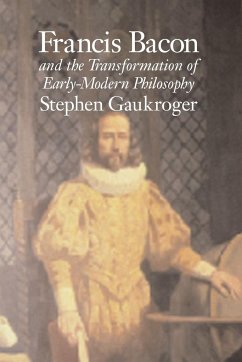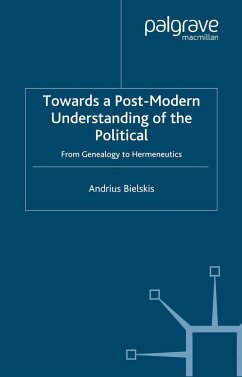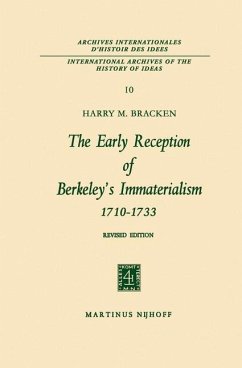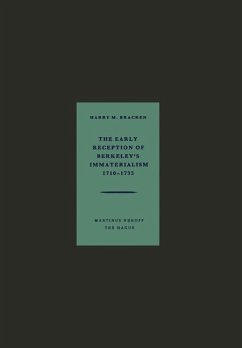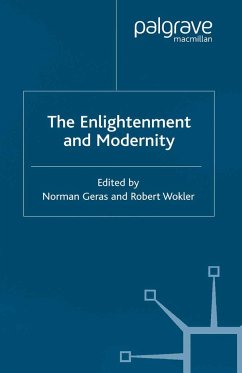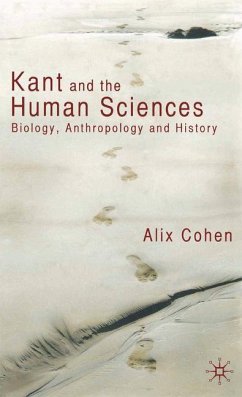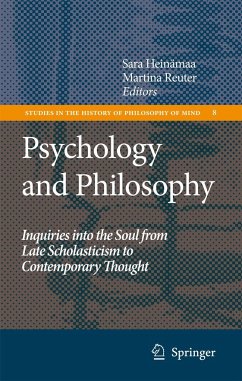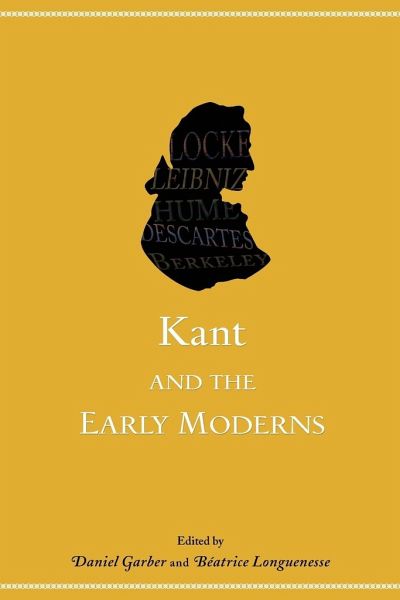
Kant and the Early Moderns

PAYBACK Punkte
20 °P sammeln!
"This book is a very important contribution to the study of the history of modern philosophy. In highlighting the importance of paying close attention to Kant's criticisms of his immediate predecessors, the contributors to "Kant and the Early Moderns" provide new perspectives on Kant, as well as Descartes, Locke, Leibniz, Berkeley, and Hume."--Edwin McCann, University of Southern California ""Kant and the Early Moderns" covers a great deal of territory in an informative, illuminating, and original way. It will be of interest to any student of modern philosophy."--Richard E. Aquila, University of Tennessee
For the past 200 years, Kant has acted as a lens--sometimes a distorting lens--between historians of philosophy and early modern intellectual history. Kant's writings about Descartes, Leibniz, Locke, Berkeley, and Hume have been so influential that it has often been difficult to see these predecessors on any terms but Kant's own. In Kant and the Early Moderns, Daniel Garber and Béatrice Longuenesse bring together some of the world's leading historians of philosophy to consider Kant in relation to these earlier thinkers. These original essays are grouped in pairs. A first essay discusses Kant's direct engagement with the philosophical thought of Descartes, Leibniz, Locke, Berkeley, or Hume, while a second essay focuses more on the original ideas of these earlier philosophers, with reflections on Kant's reading from the point of view of a more direct interest in the earlier thinker in question. What emerges is a rich and complex picture of the debates that shaped the "transcendental turn" from early modern epistemology, metaphysics, and philosophy of mind to Kant's critical philosophy. The contributors, in addition to the editors, are Jean-Marie Beyssade, Lisa Downing, Dina Emundts, Don Garrett, Paul Guyer, Anja Jauernig, Wayne Waxman, and Kenneth P. Winkler.




